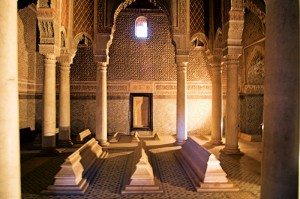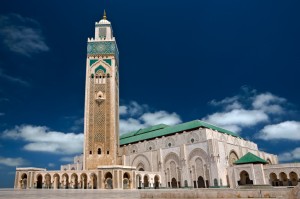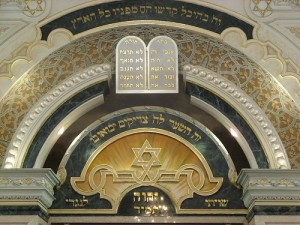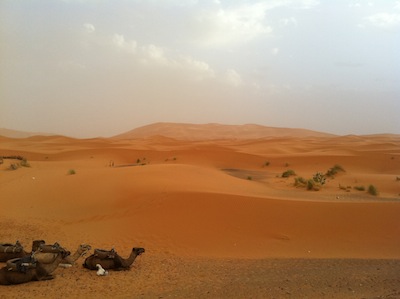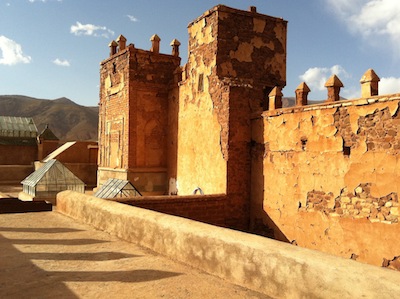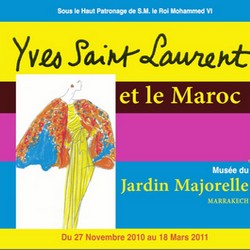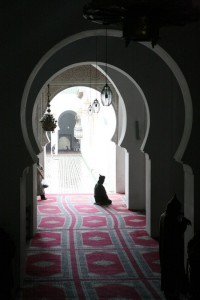Islamic Architecture in Morocco, Your Morocco Travel Guide
Morocco has the richest Islamic architectural heritage in North Africa. Key to this was the influence of Muslim Andalusia, as Muslims were expelled from Spain as a result of the Christian Reconquista led by King Ferdinand and Queen Isabella in 1492. This Andalusian style, which was a rich fusion of…

